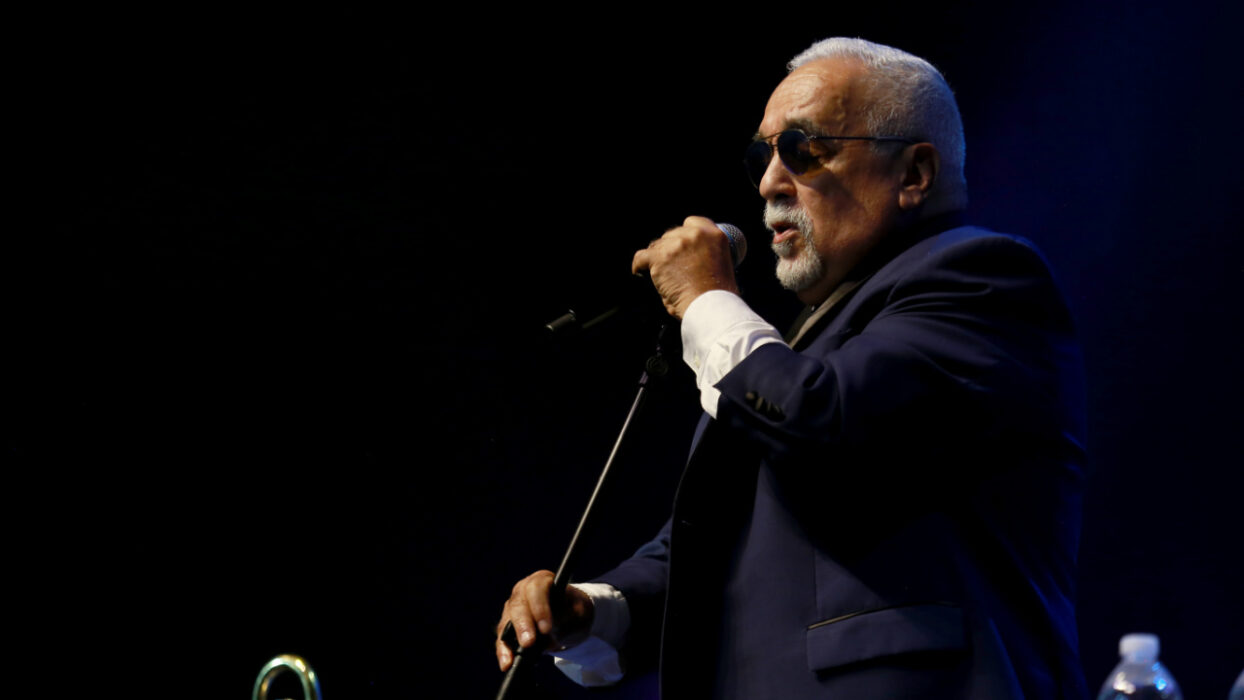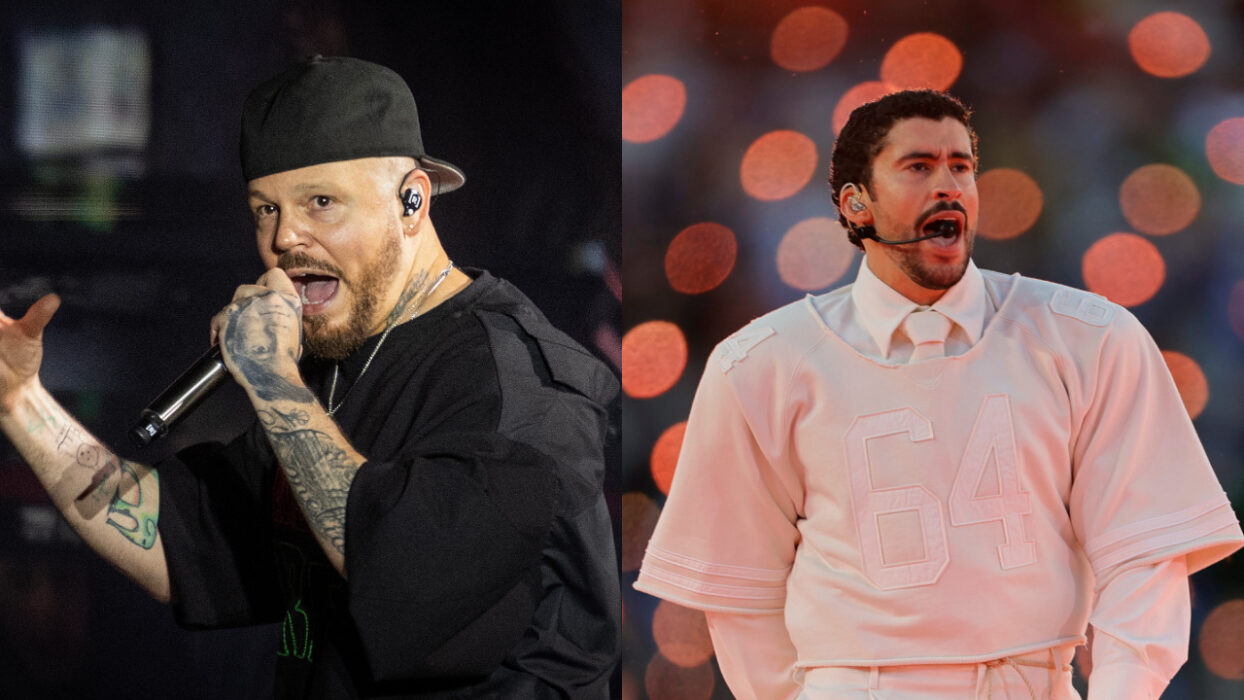
Op-Ed: Season 2 of ‘Gentefied’ Shifts From Gentrification to Immigration Focus
The much anticipated second season of “Gentefied” premiered on Wednesday, November 10 and the show is upping its game.
Having already introduced its characters and premise in the previous season, in its second run, the show excels at portraying each of the family members with the nuances they deserve. Plus, the looming existential crisis facing the Morales family has changed: it’s not gentrification anymore. Now, they’re facing the beast that is the United States’ immigration system.
Ana Morales gets more real people struggles.
I’ll admit, in the first season, I was put off when the only female role — Ana Morales — started off primarily embodying the quirkiness and cuteness that so often confines women on screen. Ana’s the romantic artist, trying to live her values and make ends meet. As the first season went on, Ana became more of a person, thanks to how the show explored her relationship with Julissa Calderon’s Yessika.
With the two of them splitting in season two, we get to see so much more of Ana — her creative process, how she struggles making a living as an artist, and her romantic journey. And I’m happy to see this very human portrayal of Ana even if she does manage to have perfect trenzas both when she wakes up in a lover’s bed and takes a meeting. She’s come a long way and it’s so refreshing to see.
Chris Morales has new dilemmas… should he stay or should he go?
Similarly, Chris Morales’ character builds on his arc from the first season. You might remember him as the chef cousin who has to prove his Mexican-ness everywhere he goes. He’s still struggling with identity in season two, unsure what to do next in his career or with his love life.
His new relationship with Ivana Rojas’ Sarai is hugely entertaining. Yes, he’s got zero game but the two still manage to muster up some super hot chemistry, and we love to see it. With her addition and the impeccable casting of Manuel Uriza as his father Ernesto Morales, Chris’s problems seem more flesh-and-blood and less abstract. I mean, there are actual characters representing his choices now (Sarai = staying in LA, his dad = going to Paris).
Plus, we get to see more of his background as his father, Ernesto, answers some of our questions, such as why he raised his son in Idaho, why the cousins’ idea of the good life isn’t the only one, and why Pop isn’t the hero they all venerate.
Pop admits to flaws, toxic masculinity being the first.
Indeed, Joaquín Cosío’s Casimiro Morales, aka “Pop,” transforms during this season from a kind patriarch to a flawed man who makes mistakes. He admits to being an imperfect father, someone whose definition of masculinity kept him from fully loving and supporting his sons. This move, from hero to human, helps drive home the main theme of the season — that immigrants deserve dignity and respect — whether they have papers or not.
You see, the first season of “Gentefied” focused on gentrification with the Morales family in danger of losing the family restaurants. That’s a complex problem also addressed by Latinx shows like “Vida” and certainly one of the biggest issues facing the Chicano community to date. We’re being pushed out of our neighborhoods, punished for our cultural practices, and made to do with less.
But with Pop, the answer is clear: he should be able to stay in Los Angeles. His family shouldn’t be destroyed by a piece of paper. He’s earned the right to be in the United States, having raised generations of Morales’s on this ground, ran a successful business, and became an integral part of the community. On a similar note, “Gentefied” makes it clear that Pop shouldn’t have to ‘earn’ anything. Los Angeles, where the show takes place, was part of Mexico before it was part of the U.S. and Indigenous land (specifically the Kizh Nation) before that.
Yet Pop’s immigration status fuels season two; the season ended with Pop being picked up for not having papers. The injustice is clear. And the moral clarity around the issue frees up the show to focus on its characters and their stories, which is where “Gentefied” really sings.
How do we handle the role of the academic Latina in the household?
Things get a little sticky at some points. For example, I love Annie Gonzalez as Lidia but the show falters in her arc, unsure of how to handle the academic Latina who’s fallen in love but doesn’t truly value or see an apt partner in Joseph Julian Soria’s, Erik. For one, she doesn’t take his side against the police. She doesn’t value the taxing work that involves caring for an infant all day alone, getting mad when he needs time to unwind. And she doesn’t seem to see him as her equal, believing he can’t really support or understand her, even though he works to do both.
Annie’s character is frustrating and I can’t help but think the show reinforces the idea that getting an academic degree can be troublesome for Latinas, that it somehow sets us up to fail at home. Surely we’re past that, right? Does the show insinuate that if a character was just a little less ambitious, she’d be luckier in love?
With Latinxs still greatly underrepresented in Hollywood, shows like “Gentefied” carry a heavy weight. They’re the exception, our one chance to see ourselves properly reflected on screen. “Gentefied” is not perfect but it is an important representation of Latinidad.
And the second season shows us that it’s ready to go deeper into our struggles, our humanity and our humor.
The second season of “Gentefied” premiered on Netflix November 10.




